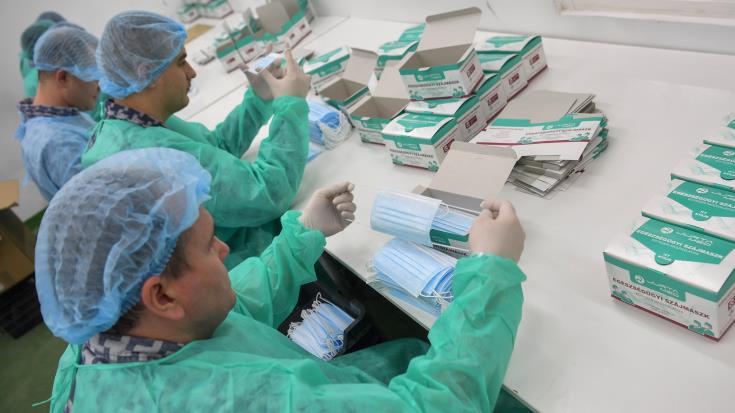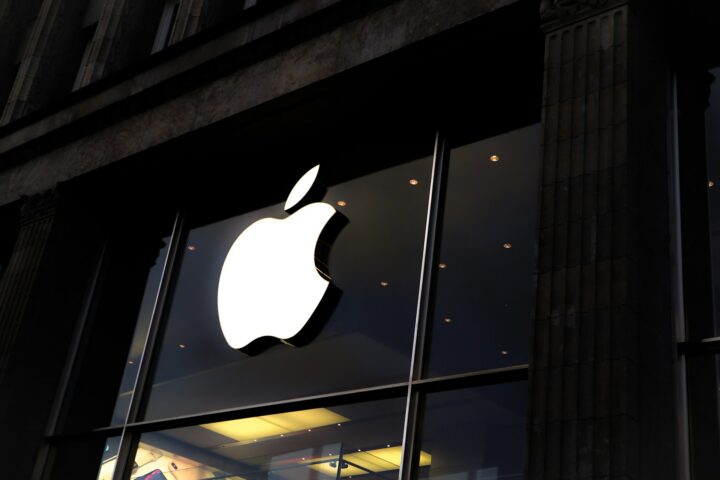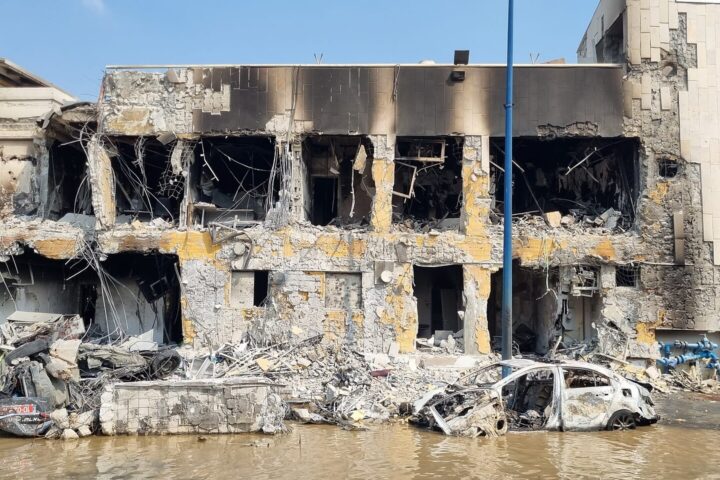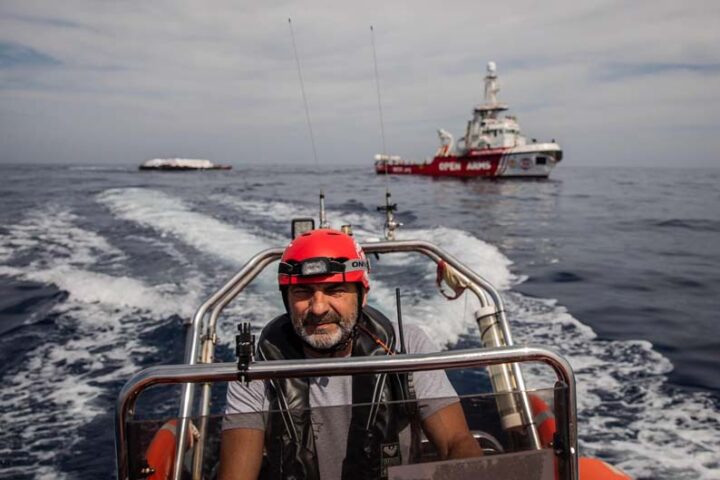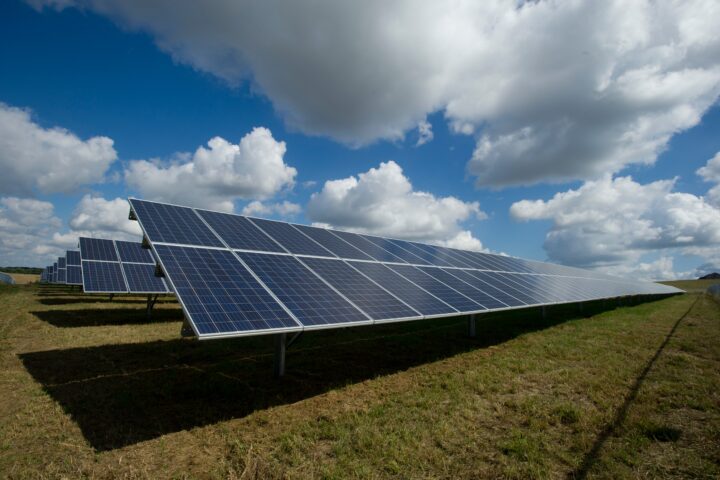China has embarked on a global goodwill campaign, by providing aid in an attempt to win over the hearts of millions of people affected by and suffering from the fallout of the coronavirus pandemic.
Is this a genuine effort of atonement by the country that gave birth to the novel coronavirus, while keeping a lid on the whole affair, allowing COVID-19 to spread relentlessly across the world?
Or is it part of a charm offensive, trying to make political capital out of the concerns of Europeans, primarily countries where China has strategic investments?
The German popular Bild insists that the coronavirus crisis is not the result of unfortunate coincidences or force majeure.
“The Chinese regime censored researchers who warned of the virus as early as December and deliberately misled the world with false figures. Hidden behind declarations of solidarity, China plans to buy up crisis-ridden companies and infrastructure.”
Bild suggested that the German federal government restricts the participation of Chinese state-owned companies in European ventures and the 5G network.
The influential Politico said that “China’s main strategy is to show that (it) is on the front lines trying to save humanity, while the EU can’t get its act together and the world’s other superpower is busy pointing fingers.”
“Trouble is, with the U.S. facing its own credibility issues in recent years, China’s false narrative [claiming without any evidence that the virus originated not in China, but in the U.S.] threatens to spread as quickly as the coronavirus.”
China has rushed to the aid of Rome, utterly disappointed by the lack of European solidarity, providing medical supplies and immunologists to help deal with the deadly virus, as Italians are burdened with the highest mortality rate in combatting the virus.
Serbia, too, that has yet to be welcomed with open arms into the ‘European family’ turned to Beijing for help, which came soon after the president called his Chinese counterpart and referred to him as ‘brother’.
While Greece, where key infrastructure assets – the port of Piraeus, the national gas pipeline and the electricity transmission operator – are controlled by Chinese state companies, aid arrived in the form of tonnes of masks, gloves, uniforms and goggles.
The timing was perfect, as the Greek government has been criticised of not having enough testing kits and a shortage of beds.
There is no doubt that Beijing is engaging in a not-so-subtle public relations campaign, especially after the offer for aid to the U.S. was rejected by Washington, and it is trying to exert soft power where it believes it can influence most.
Cyprus does not want to enter into any confrontation with China, preferring to ignore the gross human rights violations in that country.
It would never want to upset Beijing which is a ‘P5’ permanent member of the UN Security Council, where Nicosia believes it receives justice when it comes to the island’s six decades-old division and conflict with Turkey.
Cyprus is also cautious when it comes to issues such as Taiwan, demonstrations in Hong Kong and military standoffs in the South China Sea, knowing full well that China, just as Russia, would rather have open and warm relations with our northern neighbour, than the tiny island in the eastern Mediterranean that has only come onto everyone’s radars because of recent natural gas discoveries.
Should Cyprus accept any aid from China? Of course, but only if this is out of China’s genuine goodwill.
It should not be at the cost of reciprocity, nor to allow Beijing to impose its own demands when it comes to ventures that Chinese state companies might have set their sights on.

